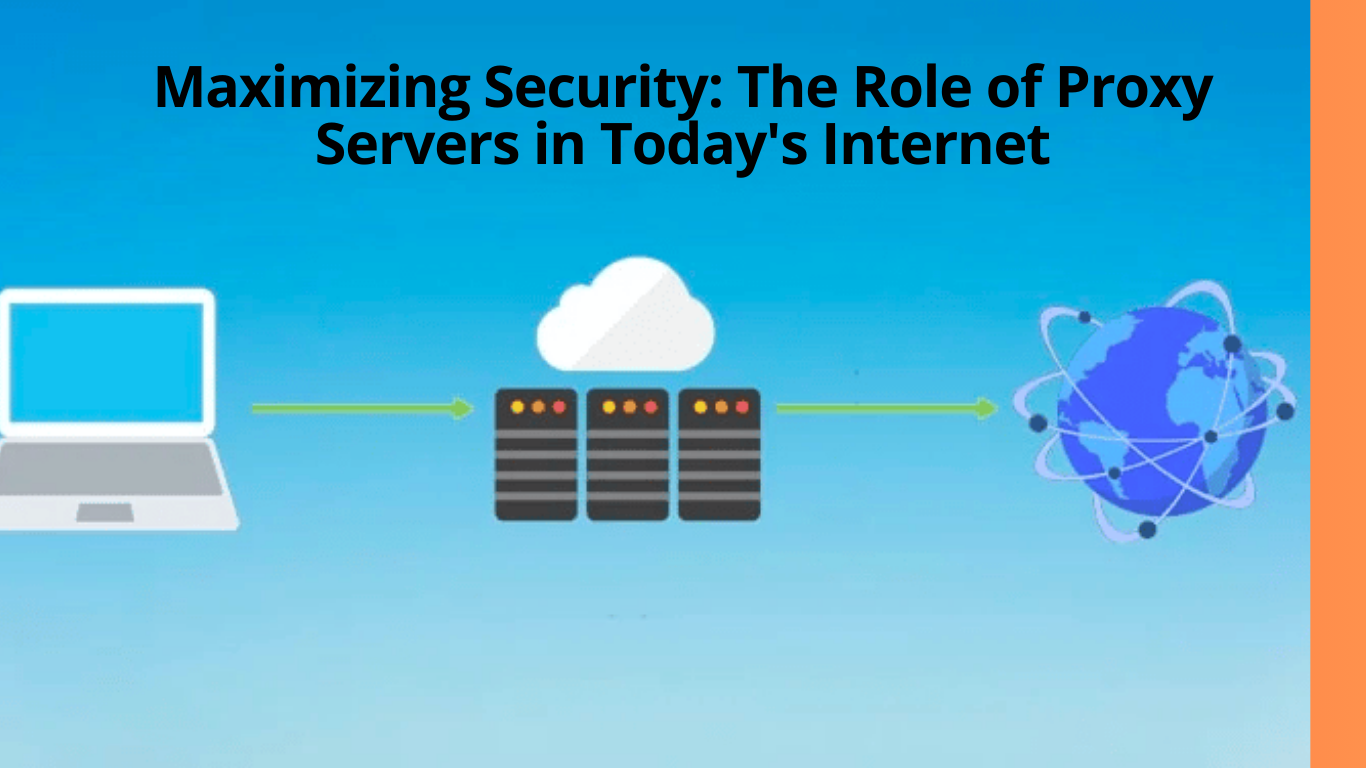In an era where digital threats loom large and online privacy is becoming increasingly vital, the role of proxy servers in safeguarding our digital footprint has never been more crucial. As we navigate the vast landscape of the internet, proxy servers stand as guardians, offering protection, anonymity, and enhanced security. Let’s delve into the significance of proxy servers and how they play a pivotal role in maximizing security in today’s digital realm.
Understanding Proxy Servers
At its core, a proxy server acts as an intermediary between a user’s device and the internet. When you connect to the internet through a proxy server, your requests are routed through this intermediary server, which then interacts with the web on your behalf. This mechanism essentially shields your device’s IP address from the websites you visit, offering a layer of anonymity and security.
Enhanced Privacy
One of the primary benefits of using a proxy server is the preservation of privacy. By masking your IP address, proxy servers prevent websites from directly identifying your device’s location and other sensitive information. This anonymity is particularly crucial in environments where surveillance or tracking poses a concern, such as public Wi-Fi networks or regions with stringent internet regulations.
Access Control and Content Filtering
Proxy servers also serve as effective tools for access control and content filtering. In corporate settings, administrators utilize proxy servers to regulate and monitor internet usage within the
organization. By implementing access policies and filtering certain websites or content categories, businesses can mitigate security risks and ensure productive usage of internet resources.
Mitigation of Security Threats
In the realm of cybersecurity, proxy servers play a vital role in mitigating various online threats. Through features like content inspection and caching, proxies can intercept and analyze incoming web traffic for malicious content, such as malware, phishing attempts, or unauthorized access attempts. By filtering out these threats before they reach the end-user, proxy servers act as a frontline defense mechanism, bolstering overall security posture.
Types of Proxy Servers
Proxy servers come in various types, each offering unique functionalities and levels of security. Some common types include:
HTTP Proxies: Primarily used for web browsing, HTTP proxies are ideal for basic anonymity and content filtering.
SOCKS Proxies: Offering more advanced features, SOCKS proxies can handle various types of internet traffic, including email, file sharing, and streaming media.
Transparent Proxies: These proxies do not alter the request headers, making them suitable for scenarios where anonymity is not a primary concern but content filtering is required.
Reverse Proxies: Deployed on the server-side, reverse proxies handle incoming requests from clients and distribute them to backend servers, enhancing security and performance.
Conclusion
In an age where cybersecurity threats continue to evolve, leveraging proxy servers has become imperative for individuals and organizations alike. Whether it’s safeguarding privacy, controlling
access to sensitive resources, or mitigating security risks, proxy servers serve as indispensable tools in maximizing security in today’s internet landscape.For Further Inquiries Contact Us.
FAQs
What is a proxy server?
● A proxy server acts as an intermediary between your device and the internet, routing your requests and masking your IP address for enhanced security and privacy. How does a proxy server enhance security?
● Proxy servers intercept and filter web traffic, mitigating threats such as malware and phishing attempts before they reach your device, thus bolstering security.
Can I access blocked content using a proxy server?
● Yes, by routing your connection through a proxy server located in a different region, you can bypass geographical restrictions and access content that may be blocked in your location.
Are there different types of proxy servers?
● Yes, common types include HTTP proxies for web browsing, SOCKS proxies for various internet traffic, transparent proxies for content filtering, and reverse proxies for server-side security and performance enhancement.
How do proxy servers help with privacy?
● Proxy servers mask your IP address, making it difficult for websites to track your online activities and preserving your privacy, especially on public Wi-Fi networks or in regions with strict internet regulations.



